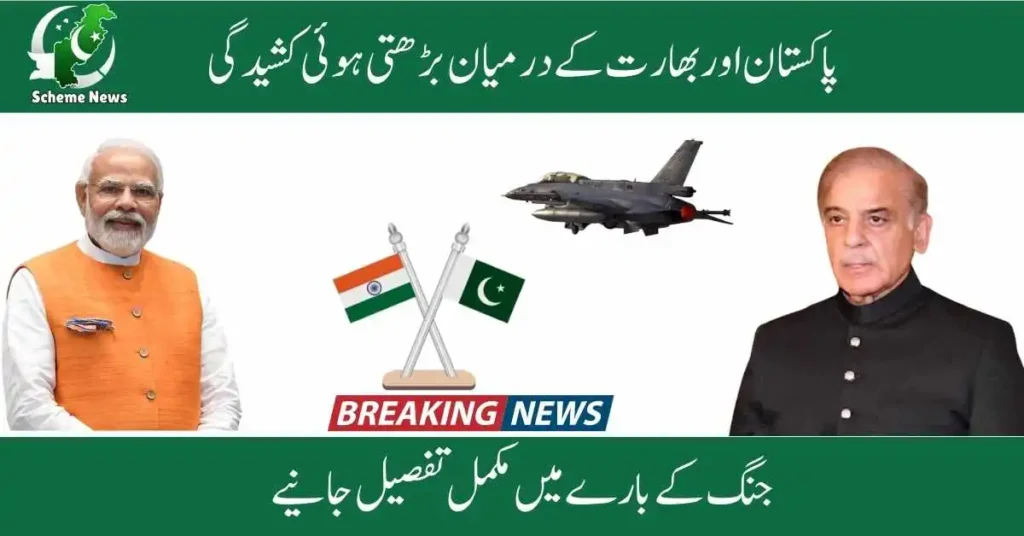Strikes and starvation kill nearly 100 in Gaza in a single day
In one of the deadliest days since the escalation of conflict, Gaza witnessed nearly 100 deaths caused by relentless airstrikes and worsening humanitarian crisis conditions. Continuous bombardments have devastated neighborhoods, while a crippling blockade has left residents with dwindling access to food, water, and medical supplies. Reports indicate that starvation is claiming more lives each day, particularly among vulnerable children and the elderly. The combination of direct attacks and severe shortages has created an unlivable environment, drawing urgent calls from international organizations for an immediate ceasefire and unrestricted humanitarian aid to prevent further mass casualties in the besieged enclave.
READ MORE ABOUT: 50 kg Sugar Bag at Rs 9,450 as Retail Price Hits Rs 190/kg Today in Pakistan
The Human Cost of the Gaza Conflict
In the last twenty-four hours, nearly one hundred people have died in Gaza. The cause is a deadly mix of heavy airstrikes and a worsening humanitarian crisis that has left the population without safety or relief. Streets are full of dust, broken glass, and the echo of sirens. Hospitals are no longer able to take more patients, and many wounded people lie on the floor waiting for help. Power cuts have forced doctors to perform surgeries without proper lighting, and basic medicines have run out. Every explosion takes away more lives and leaves behind families who are broken forever.
For Pakistan, the tragedy in Gaza is not just another news headline. The people here have always felt a deep connection with Palestine. Many remember their own nation’s struggles during times of war, displacement, and economic hardship. Pakistani news channels have shown heartbreaking images of destroyed homes and grieving families, and these scenes have moved the public to anger and compassion. Every number in the death toll represents a real person, with hopes, dreams, and loved ones now lost forever.
| Date | Lives Lost | Primary Cause | Major Event |
|---|---|---|---|
| Aug 4, 2025 | 98 | Airstrikes, starvation | Aid trucks stopped at Rafah crossing |
| Aug 3, 2025 | 72 | Bombardment | Main hospital struck |
| Aug 2, 2025 | 85 | Blockade, disease | Water plant destroyed |
Starvation and Suffering Under Siege
Hunger has become as deadly as the bombs. The blockade has stopped food, medicine, and clean water from reaching Gaza. Shelves in stores are empty, and the little food left is sold at prices many cannot afford. Starvation now kills silently, especially among infants, the elderly, and the sick. Aid workers say malnutrition is spreading quickly, and illnesses linked to unsafe water are claiming more lives every day.
A mother in Gaza told a reporter that her family has survived for days on tea and dry bread. She said her youngest child has lost dangerous amounts of weight because there is no milk available. Another man explained that they have learned to eat less to make food last longer, but children often cry at night from hunger. In Pakistan, people are donating generously through well-known charities, but these supplies often never reach Gaza. Trucks wait at border crossings for days, and sometimes food spoils before it can be delivered.
The World Food Programme has warned that famine could become a reality in Gaza if borders remain shut. According to their latest report, over 80% of households have run out of food, and children are showing signs of severe vitamin deficiencies. In the past, hunger crises have been linked to disease outbreaks, which means Gaza faces a double threat: starvation and illness.
Pakistan’s Response and Global Calls for Action
Pakistan has spoken out strongly against the airstrikes and the ongoing blockade. Government leaders have urged the United Nations to act quickly, calling the situation a clear violation of human rights. Across the country, people have held rallies, offered prayers for Gaza, and taken part in donation campaigns. Organizations like the Edhi Foundation and Al-Khidmat Foundation are working to send aid, even knowing the journey to Gaza is filled with obstacles.
Internationally, Pakistan has joined other countries in demanding a ceasefire. Officials stress that peace talks are important, but they also warn that urgent humanitarian access must come first. As one Pakistani volunteer working near the Rafah border said, “You can rebuild a house, but you can’t bring back a life.” For the people in Gaza, every hour of waiting means more lives lost, not just from the violence but from hunger and disease that grow worse with every passing day.
Pakistan’s role is not limited to official statements. Civil society has also stepped forward. Universities are holding awareness events, mosques are leading special prayers, and social media campaigns are raising both money and global attention. Many Pakistanis see this as a moral duty, rooted in the belief that helping the oppressed is part of their national and religious values.
Historical Parallels That Resonate in Pakistan
The suffering in Gaza echoes moments from Pakistan’s own history. Older generations remember the food shortages during the 1971 war, when blockades and conflict made basic supplies scarce. In certain rural areas, people relied on community kitchens and shared whatever they had, much like Gazans do today.
There is also a parallel with the 2005 Kashmir earthquake response, where Pakistani citizens came together to help those who had lost everything. The unity, generosity, and resilience shown then are being repeated now, but this time for people thousands of miles away. These memories make the pain of Gaza more personal for Pakistanis, who understand what it means to survive hardship through collective effort.
READ MORE ABOUT: 50 kg Sugar Bag at Rs 9,450 as Retail Price Hits Rs 190/kg Today in Pakistan
The Global Dimension and the Urgency for Peace
While Pakistan and several other nations push for peace, the reality is that diplomatic progress is slow. The humanitarian crisis worsens with each delay. Reports from Gaza show that some hospitals have shut down entirely due to lack of power and supplies, leaving injured civilians with no medical help.
The United Nations has warned that the combination of airstrikes, starvation, and the blockade is creating conditions that could amount to crimes against humanity. Human rights groups are documenting evidence, but legal action can take years, while people in Gaza do not have days to spare.
Pakistan’s call is clear: stop the violence, open the borders, and let aid in immediately. Without urgent steps, the death toll will rise not in hundreds, but in thousands, and history will remember the world’s silence as much as it remembers the suffering.
Conclusion
The tragedy in Gaza, where nearly one hundred lives were lost in a single day to strikes and starvation, is more than a headline — it is a cry for urgent action. The scenes of shattered homes, hungry children, and overwhelmed hospitals are a reminder that war destroys more than buildings; it destroys hope. For Pakistan, the pain of Gaza is deeply personal, tied to a shared history of struggle and resilience. The world cannot remain silent while civilians suffer under blockade and bombardment. Only through immediate humanitarian aid, a lasting ceasefire, and united global pressure can the cycle of death be broken and a path toward peace be found.






